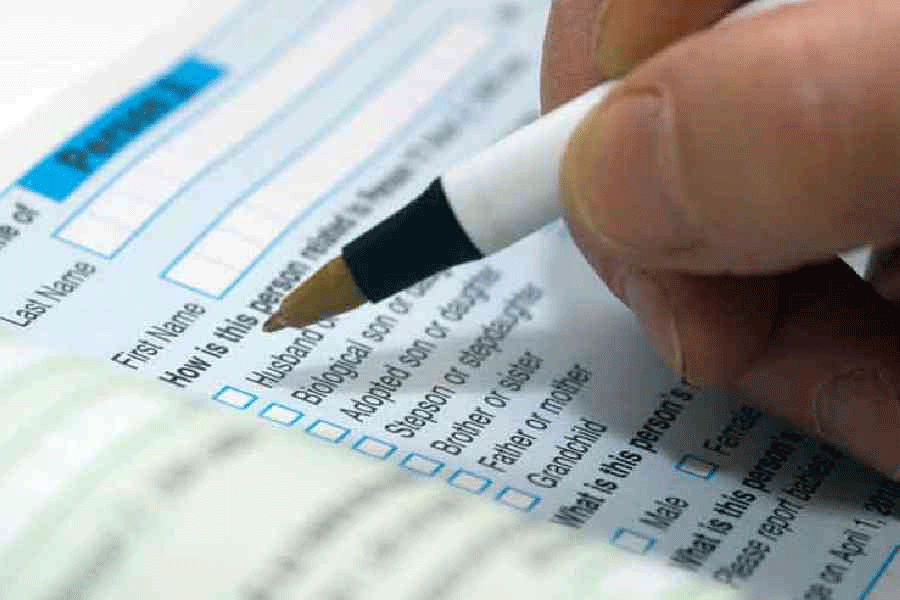The findings of the Bihar caste survey will usher in politics revolving around the Extremely Backward Classes (EBCs) in the state and in adjoining Uttar Pradesh, both populous and sprawling, and trigger demands for higher reservation for the larger Other Backward Classes (OBC) category and a caste census at the national level, experts and activists said on Monday.
The Bihar survey, which pegged the state's OBC population at 63 per cent including 36 per cent EBCs, will also trigger questions on what the BJP has done for the uplift of the EBCs, who are believed to have strongly supported the party, they pointed out.
The new data will prompt the state to revise its existing reservation policy to increase the quota for the OBCs, according to the experts. The demand for a caste census at the national level has gained strength after Bihar's survey, they added.
According to the caste survey data released by the Bihar government on Monday, OBCs constitute 63.13 per cent of the state's population of over 13 crore. This includes 36.01 per cent EBCs. The Scheduled Castes constitute 19.65 per cent and the Scheduled Tribe account for 1.68 per cent of Bihar’s population. The unreserved section or the forward castes make up 15.5 per cent of the population.
Harish S. Wankhede, a faculty member at the Centre for Political Studies, JNU, said the Bihar caste survey would foster EBC-centered politics in the state and in adjoining Uttar Pradesh that is ruled by the BJP.
Wankhede, whose areas of interest include political theory, secularism and social justice, said the data would bring into question the performance of the BJP in the past 10 years in empowering the EBCs socially and politically through representation in positions of power.
“The BJP has emerged as a powerful bloc because of the support of the EBCs. To halt the BJP’s juggernaut, the caste survey data will be utilised by the Opposition parties to question the BJP on its performance in helping the EBCs progress socially and politically. The politics in Bihar has largely been dominated by the general castes and the forward OBCs like Yadavs, Kurmis and Kushwahas. Now, there will be mobilisation for greater representation of EBCs in politics and administration,” Wankhede said.
He said caste issues played an important role in Uttar Pradesh politics as well and Bihar's census findings would prompt the Opposition to ask about the status of the EBCs there.
Wankhede said the data that the EBCs constitute as much as 36 per cent of the population was a "huge surprise" and that the statistics would be useful in policy planning for social welfare programmes too.
DMK Rajya Sabha member P. Wilson said the new caste data would further bolster the demand for an increase in reservation for OBCs. Nationally, the SCs, STs, OBCs and the Economically Weaker Sections (EWS) are entitled to 15 per cent, 7.5 per cent, 27 per cent and 10 per cent reservation, respectively, in government jobs and admission to educational institutions.
Quota shares vary from state to state for state-level government jobs and admission to state government-run institutions. Bihar offers a quota of 15 per cent to SCs, 1 per cent to STs, 34 per cent to OBCs, including a sub-quota of 18 per cent for EBCs, and 10 per cent for EWS.
“The main reason why the reservation for OBCs is not increasing is the lack of data. Now, the data has come. So, the Bihar government has justified the need to amend its reservation system to give greater benefits to the OBCs and EBCs,” Wilson said.
Thallapelli Praveen, an activist and a former student of JNU, said socially backward castes constitute 85 per cent of the population in Bihar, but were granted only 50 per cent reservation. The privileged castes, which make up 15.5 per cent of the population, are entitled to the 10 per cent EWS quota and also have a greater share in the 40 per cent seats meant for unreserved sections.











